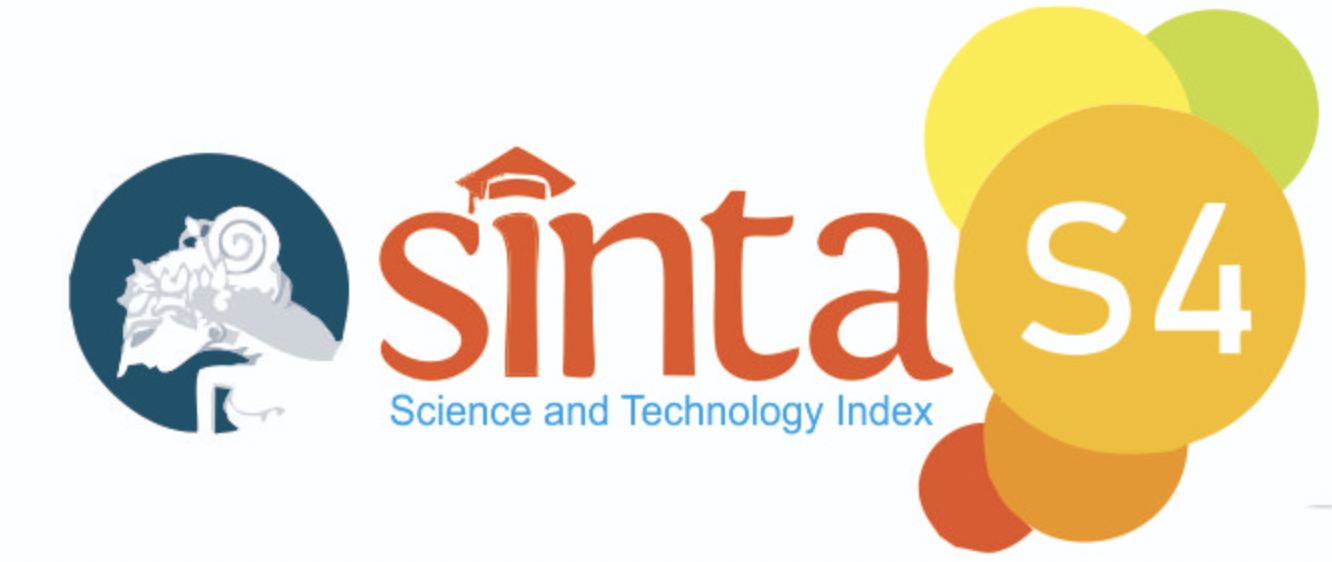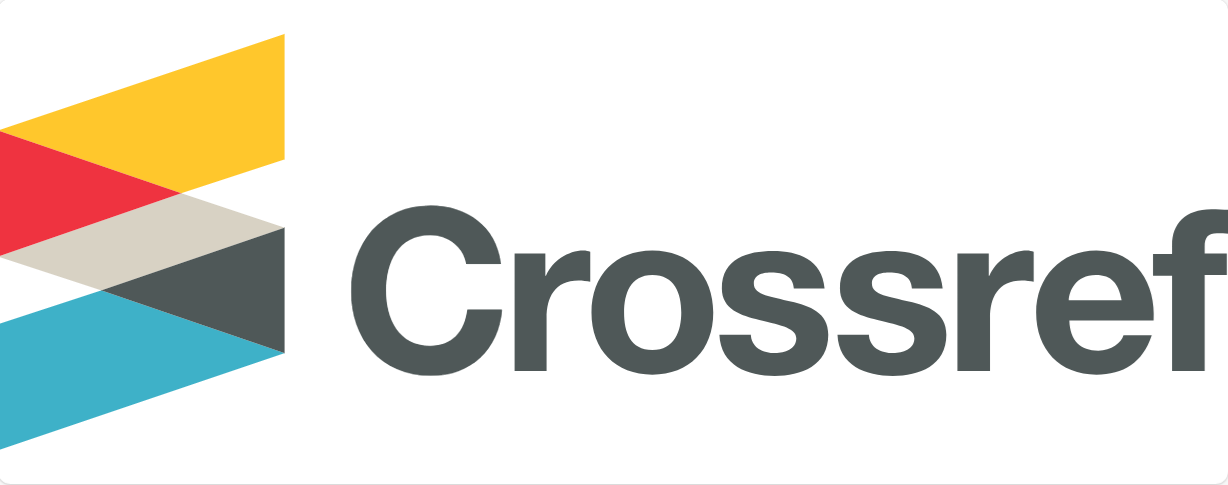Abstract
In 2018 General election, generation Z called as first-time voter who will use their right to vote. Statistic data of the 2018’s General Election Commission indicates that first-time voter in West Java Province reaching 30% of the total voters. This research described information seeking behavior among generation Z on West Java Governor Election. The purposed of this research are to identify characteristic of information needs among Z generation, identify information source used and information awareness among Z generation. This research uses qualitative approach and case study method. There are five high school students become informants in this research and uses purposive sampling techniques. The results of this study are characteristic of information needs Z generation on aspects of the context including election procedure, profile of governor candidates, campaign activities, programs offered. The frequency of information needs tends to be low and unpredictable. Information sources tend to use online sources through social media and online mass media but they also get other information from television, newspaper, sharing with friends, parents and family; In the aspect of awareness or understanding of information resources, familiarity and prior success, information packaging, cost and accessibility affects information seeking behavior of Z generation but they have obstacle to assess the quality of information. This makes Z generation easily accept hoax information or provoked on social media such as Facebook, Instagram, Youtube and Twitter.
Bahasa Abstract
Pada pemilihan umum tahun 2018, generasi Z akan menjadi pemilih pemula yang akan menggunakan hak pilihnya. Berdasarkan data Komisi Pemilihan Umum tahun 2018 menyebutkan pemilih pemula di Jawa Barat mencapai 30% dari total pemilih. Penelitian ini bertujuan untuk mendeskripsikan perilaku pencarian informasi generasi Z pada Pemilihan Umum Gubernur Jawa Barat 2018. Penelitian ini menggunakan pendekatan kualitatif dengan metode studi kasus. Terdapat lima siswa SMA yang akan menjadi informan pada penelitian ini dan teknik pengambilan menggunakan teknik purposive sampling. Hasil penelitian ini yakni terdapat karakteristik kebutuhan informasi generasi Z dalam konteks prosedur pemilu, profil pasangan calon gubernur, kegiatan kampanye, serta program yang ditawarkan. Frekuensi kebutuhan informasi cenderung rendah dan tidak terprediksi. Sumber informasi yang digunakan cenderung menggunakan sumber online melalui media sosial dan media massa online, tapi juga mendapatkan informasi lain seperti televisi, koran, sharing dengan teman, orangtua dan keluarga. Pada aspek kesadaran atau pemahaman terhadap sumber informasi, faktor kebiasaan, kemasan informasi, harga dan aksesibilitas informasi mempengaruhi perilaku kebutuhan informasi generasi Z tapi mereka memiliki kendala untuk menilai kualitas informasi. Hal ini membuat generasi Z mudah menerima informasi hoax atau terprovokasi pada media sosial seperti Facebook, Instagram, Youtube dan Twitter.
References
- Azwar, Raden Fachry. (2018, Mei 2). Personal interview.
- Coombs, Joseph. (2013, October 3). Generation Z: Why HR must be prepared for its arrival. Retrieved from http://www.shrm.org/hrdisciplines/staffingmanagement/articles/pages/prepare-for-generation-z.aspx
- Creswell, John W. (1998). Qualitative inquiry and research design, choosing among five traditions. California: Sage Publication.
- Fanthiasa, Dini. (2018, Mei 2). Personal interview.
- Fatturahman, Muslih. (2016). Model-model perilaku pencarian informasi. Jurnal Ilmu Perpustakaan dan Informasi, 1 (1), 74-91.
- Firmansyah. (2007). Marketing politik: (Antara pemahaman dan realitas. Jakarta: Yayasan Obor Indonesia.
- Ezmir. (2010). Metedologi penelitian kualitatif analisis data. Jakarta: Raja Grafindo Persada.
- Ehikhamenor, Fabian A. (1990). The use of formal information sources in physical science research in Nigerian Universities. International Library Review, 22(3), 149-161.
- Ghani, Raffi. (2018, April 30). Personal interview.
- Harber, J. (2011). Generation in the Workplace: Similarities and Differences (Doctoral dissertation). Retrieved from http://dc.etsu.edu/etd/1255.
- Haq, Andi Saiful. (2016). Kampanye politik lewat media sosial dinilai lebih efektif. Diakses pada https://geotimes.co.id/berita/kampanye-politik-lewat-media-sosial-dinilai-lebih-efektif/, diakses pada tanggal 09/03/2018, 08/00 WIB
- Hartono, Jogiyanto M. (2005). Sistem teknologi informasi Ed.3. Yogyakarta: Andi Offset.
- Hartono, Jogiyanto. (2017) Sistem informasi manajemen. Tangerang: Universitas Terbuka
- Howe, N., & Strauss, W. (1991). Generations: The history of America’s future, 1584 to 2069. New York: Morrow.
- Jannata, Azka Nadiya. (2018, Mei 2). Personal interview.
- Jurkiewicz, C. L. (2000). Generation X and the Public Employee. Public Personnel Management, 29(1), 55. https://doi.org/10.1177/009102600002900105
- Kadir, Abdul. (2003). Pengenalan sistem informasi. Yogyakarta: Andi Offset.
- Limilia, Putri. & Fuady, Ikhsan. (2016). Pencarian Informasi Topik Politik di Kalangan Pemilih Pemula (Studi Kasus Pola Pencarian Informasi Politik pada Mahasiswa Fikom Unpad. Paper presented at Konferensi Nasional Komunikasi, Bandung. Bandung: Fikom Unpad. Retrievel June 8, 2018.
- Mannheim, K. (1952). The Problem of Generations. Essays on the Sociology of Knowledge (pp. 276-320). London: Routledge and Kegan Paul.
- Miranda, S.V. & Tarapanoff, K.M.A. (2007). Information needs and information competencies: A case study of the off-site supervision of financial institutions in Brazil. Information Research, 13(2) paper 344. Retrieved from: http://InformationR.net/ir/13-2/paper344.html
- Nicholas, David. (2000). Assessing information needs: tools, techniques and concepts for the internet age. 2nd ed. London: Aslib.
- Putra, Y. S. (2017). Theoritical review: Teori perbedaan generasi. Jurnal Ilmiah Among Makarti, 9(18), pp. 123-134. Retrieved from http://jurnal.stieama.ac.id/index.php/ama/article/viewFile/142/133
- Reitz, J.M. (2004). Primary Source. Online Dictionary for Library and Information Science. June 8, 2018 Retrieved from: http://www.abcclio.com/ODLIS/odlis_p.aspx
- Ryder, N. B. (1965). The cohort as a concept in the study of social change. American Sociological Review, 30(6), pp. 843–861. https://doi.org/10.2307/2090964
- Safira, Agastya Nada. (2018, Mei 2). Personal interview.
- Singh, G. (2013). Information sources, services and systems. New Delhi: PHI Learning Private Limited.
- Twenge, J. M. (2006). Generation Me: Why Today’s Young Americans Are More Confident, Assertive, Entitled— and More Miserable Than Ever Before. New York: Free Press
- Wilson, T.D (2000) Recent trends in user studies: Action research and qualitative methods. Information Research, 5(3).
- Wilson, T.D. (2000). Human Information Behavior. Information Science Research, 2 (3). Retrieved from: http://inform.nu/Articles/Vol3/v3n2p49-56.pdf
- Yin, Robert K. (1994). Studi Kasus Desain dan Metode Komunikasi. Jakarta: Grafindo
- Yusup, Pawit M & Subekti, Priyo (2010). Teori dan Praktik Penelusuran Informasi. Jakarta: Kencana.
Recommended Citation
Fadhli, Rahmat; Nurlidia, Raden Fasha; and Syam, Rifqi Zaeni Achmad
(2019)
"Generasi Z pada Pemilihan Gubernur Jawa Barat: Bagaimana Mereka Berperilaku dengan Informasi,"
Jurnal Ilmu Informasi, Perpustakaan, dan Kearsipan: Vol. 21:
No.
1, Article 6.
DOI: 10.7454/JIPK.v21i1.006
Available at:
https://scholarhub.ui.ac.id/jipk/vol21/iss1/6
Included in
Archival Science Commons, Collection Development and Management Commons, Information Literacy Commons







